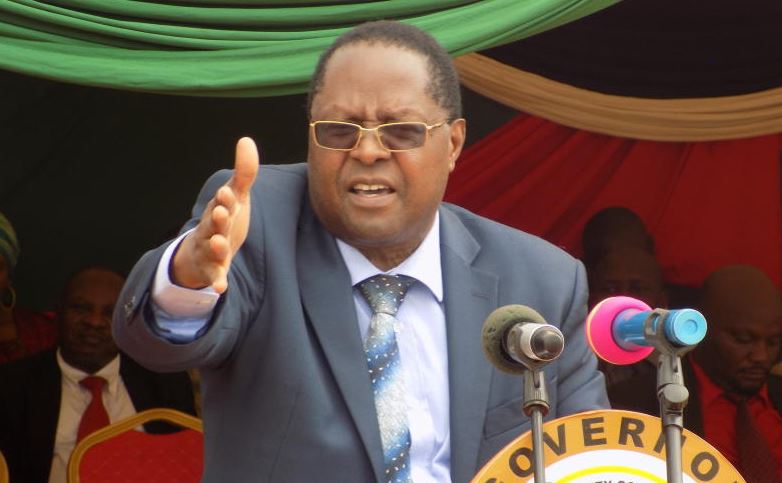×
The Standard e-Paper
Join Thousands Daily

Five governors have in the past survived impeachment motions on technicality and lack of sufficient evidence.
Of the five attempts to send the county bosses home by MCAs, the Senate upheld only that of Embu Governor Martin Wambora. He, too, served his first term shielded by court orders.